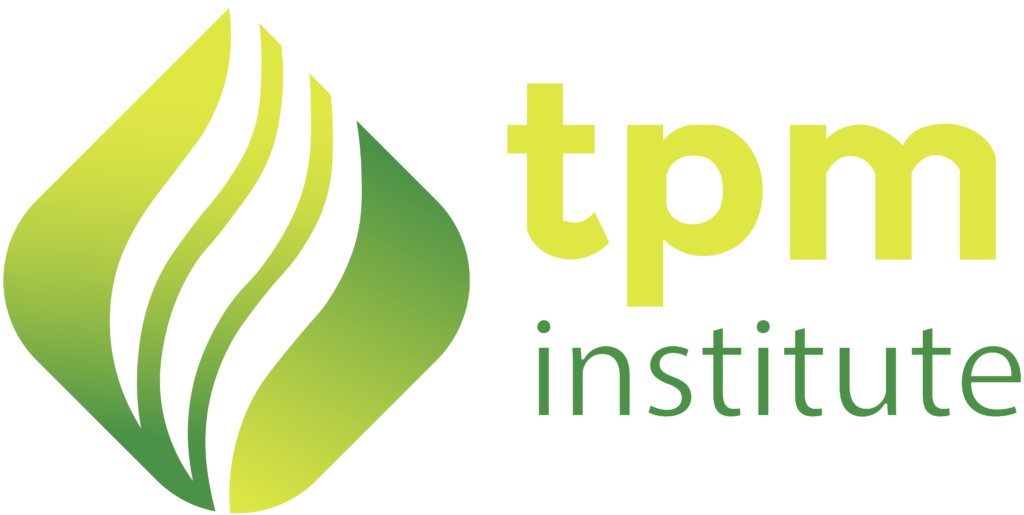In the rapidly evolving world of technology, success isn’t just about creating innovative products—it’s about delivering them efficiently, consistently, and with precision. Behind countless successful product launches and smooth cross-functional teamwork lies a role that’s frequently underappreciated yet vital: the Technical Program Manager (TPM). At TPM Institute, we’ve seen how the role of a Technical Program Manager has become a linchpin in the functioning of leading tech companies worldwide.
But what exactly does a TPM do, and why are tech companies increasingly relying on them? Let’s dive into the details.
Understanding the Role of a Technical Program Manager: The role of a Technical Program Manager sits at the intersection of engineering, product management, and operations. TPMs are responsible for driving the execution of technical projects, ensuring that timelines are met, risks are mitigated, and all stakeholders are aligned. Unlike traditional project managers, TPMs possess a strong technical background, enabling them to make informed decisions and communicate effectively with development teams.
At TPM Institute, we define a TPM as a professional who not only manages timelines and deliverables but also understands the product’s architecture, anticipates engineering challenges, and fosters a collaborative environment among various teams.
Key Responsibilities of a Technical Program Manager
Programme Planning and Execution: TPMs design and manage end-to-end programmes. This includes defining scope, setting timelines, identifying dependencies, and tracking progress. They act as the glue that holds multiple project components together.
Technical Expertise: A strong technical foundation enables TPMs to participate in architectural discussions, assess technical risks, and contribute to design decisions. This bridges the gap between product and engineering.
Cross-functional Collaboration: TPMs work closely with engineering, product management, quality assurance, UX/UI design, and marketing teams to ensure seamless coordination and collaboration. Their job is to keep everyone on the same page—avoiding silos and miscommunication.
Risk Management: Identifying bottlenecks and potential blockers early is vital. TPMs use risk assessment tools and contingency planning to ensure that projects stay on track, even when facing challenges.
Stakeholder Communication: From C-level executives to individual contributors, TPMs ensure that all stakeholders have visibility into project progress, key decisions, and roadblocks.
Why Tech Companies Depend on TPMs
The role of a Technical Program Manager has grown in importance for several reasons:
Increasing Project Complexity: With the rise of cloud computing, AI, machine learning, and distributed systems, technical projects are more complex than ever. TPMs are equipped to navigate this complexity and bring order to chaos.
Faster Time to Market: In tech, speed is everything. TPMs accelerate product delivery by ensuring that teams are aligned, resources are optimised, and progress is continuously monitored.
Improved Product Quality: By embedding themselves in the development process, TPMs ensure that quality is not compromised. They promote best practices in testing, deployment, and release management.
The Human Element: What Makes a Great TPM?
Beyond technical knowledge and programme management skills, a successful TPM needs emotional intelligence, adaptability, and exceptional communication skills.
At TPM Institute, we focus not just on technical acumen but also on nurturing the soft skills that make a difference in real-world environments:
Empathy: Understanding the pressures of engineering teams and the expectations of stakeholders.
Leadership: Inspiring trust and guiding teams through challenges.
Resilience: Navigating setbacks without losing focus or morale.
These qualities are often what elevate a TPM from good to great.
Real-World Impact: TPMs in Action.
Consider a company launching a new mobile app that integrates cloud services and utilizes AI-based personalization. Without a TPM:
- The development team might not fully understand the product goals.
- Deadlines could be missed due to overlooked dependencies.
- Marketing might be misaligned with engineering, resulting in a poorly timed launch.
With a skilled Technical Program Manager:
- Clear milestones are set and tracked.
- Dependencies are identified early and managed proactively.
- Communication across departments flows smoothly.
- The final product is delivered on time, within scope, and at the desired level of quality.
Career Outlook for Technical Program Managers: As tech companies continue to grow and diversify, the demand for skilled TPMs is rising. Roles are expanding across various industries, including fintech, health tech, e-commerce, and enterprise software.
At TPM Institute, we offer training, certification, and career coaching to support aspiring TPMs in achieving success in this high-impact role. Whether you’re transitioning from engineering or project management, we equip you with the tools you need to thrive.
Why Choose TPM Institute?
Here at TPM Institute, we understand the unique blend of skills that a Technical Program Manager needs. That’s why industry veterans design our programmes and focus on real-world applications.
Hands-on learning: Practical scenarios that simulate actual programme challenges.
Expert-led sessions: Taught by experienced TPMs from leading tech companies.
Global recognition: A certificate that strengthens your resume and opens doors.
Contact us today on +1 (215) 430-2201 to find out how you can start or advance your career as a Technical Program Manager.
By combining deep technical knowledge with project execution skills, TPMs ensure that innovative ideas are transformed into high-quality, real-world products, on time and within budget.
At the TPM Institute, we’re proud to support the growth and success of TPMs worldwide. Whether you’re looking to enhance your career or hire a skilled TPM for your team, we’re here to help.





